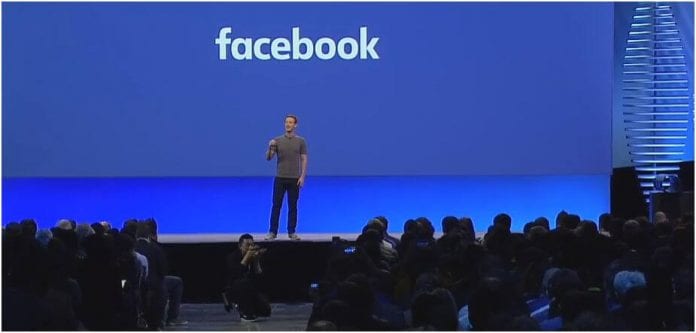Mark Zuckerberg has showed motives that he plans to triple Facebook Inc (NASDAQ:FB)’s user base, which already has 1.6 billion members. Reaching the targeted audience might not be as easy, as he needs to find a way to change the telecommunications networks which make connecting via Internet more affordable.
This means there is now more pressure on companies that make the equipment available as the social media giant takes its plan forward. Zuckerberg’s plan might take years to be realized, but if he does manage to make people’s connection to the Internet affordable, it would show how the company has changed the face of technology industry again.
Facebook has naturally changed the way interact and how they connect with their friends on the Internet. But outside that, the tech industry has become a way that top companies do not want to pay maximum fees for the parts that they buy from their suppliers.
Zuckerberg has taken to heart the art of open-sourcing. The methods have helped keep up with other giant computer networks of companies like Google and Amazon. Open source is the freely shared code which is created by companies and people at a fraction of the price of traditional tech products. The technology can be found in most things such as the Android operating system and some web browsers. The use of open-source coding helps keep tech costs down and therefore helping the bottom line.
When Facebook reveals its quarterly report on Wednesday, Mr Zuckerberg is set to be scrutinized over the money the company is spending by investors. He has promised to invest more money into user growth, and one key for him to keep costs down has been the open source technology.
It comes as no surprise then that Mr Zuckerberg plans to use the open source tech to help develop his world’s telecommunications networks, a business which is said to be worth about $150 billion a year.
“Our rule is 10 times faster or 10 times cheaper or both,” said Jay Parikh, Facebook’s vice president for engineering. “We want to get a full Facebook experience to every end user, whether that is video, or eventually virtual reality.”
It is not only Facebook that is trying to reduce costs. Nokia, the Finnish based firm also announced back in February that they were going to try and reduce costs also, joining Facebook at Telecom Infra Project. The project is meant to reduce telecom costs. Cisco Systems plans to donate software to the TIP hoping they can get in on the revenue stream also.
“There is a new force in the system,” said Dave Ward, Cisco’s chief architect. “We’d rather be on the train than in front of it.”









